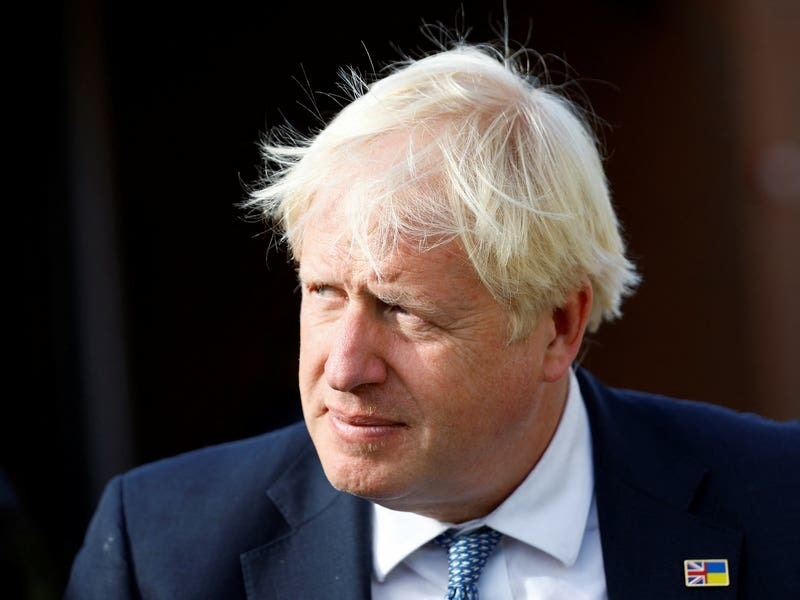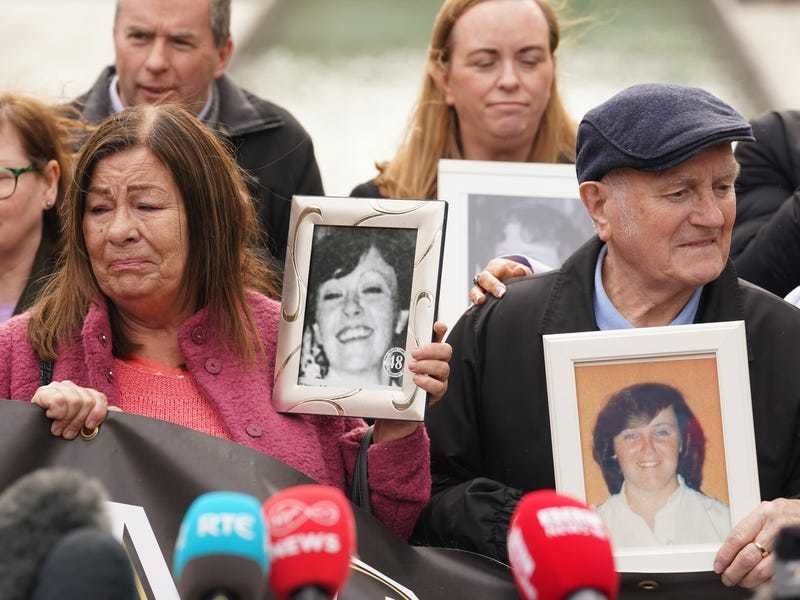Mr Parker has published a statement detailing his activities since he was formally appointed on 8 January. The report has been circulated to all States Members and outlines much of the work he has carried out so far.
Projects which are highlighted in the report include:
- A series of meeting with internal teams across the public sector
- Meetings and visits with States stakeholders such as JT, the Jersey Financial Services Commission, the Chamber of Commerce, the parishes, Condor Ferries and various charities
- Due diligence audits to establish any weaknesses or issues with public services
- Authorising a number of initiatives to support his ‘One Government’ vision for States working culture, which aims to see less duplication of work and teams working more closely together and not in ‘silos’
Mr Parker’s vision for more unified public services has received criticism from some quarters due to reforms which have seen him take overall effective control of all of the States departments.
Critics of the plan, such as ex-External Relations Minister Sir Philip Bailhache, have said that the move was a ‘power grab’ and will create situations where it is impossible to know who is politically accountable for what because ministers will all be working under one umbrella.
In his six-month statement Mr Parker says, however, that it was ‘immediately clear’ to him when he took on the role of chief executive that the States’ system of managerial governance was ‘broken’.
‘The chief executive was nominally accountable for the public service, but had no actual authority over the departmental chief officers, as a result of the then corporate sole arrangements,’ he says.
‘Departments were fiefdoms in law, with a siloed mentality, which meant that there was no shared ambition, no shared accountability, no collective responsibility and little cross-cutting activity.
‘This was not only a barrier to effective planning and decision-making for the public service, but it led to wasteful duplication, inconsistency and competition between departments.’
Proposals to make the chief executive legally and financially accountable for the decisions and budgets of all public services were approved by the States in March.
Mr Parker, who sits on the newly-created Channel Island Political Oversight Board, says that as part of his restructuring he now chairs fortnightly meetings of the Corporate Strategy Board, which is attended by all chief officers and a number of senior directors. The board is responsible for strategic oversight of public services and develops proposals for ministers.
Every two weeks he also chairs meetings of the Executive Management Team, which includes the chief officers of the main service departments, and he also attends Council of Ministers meetings.






